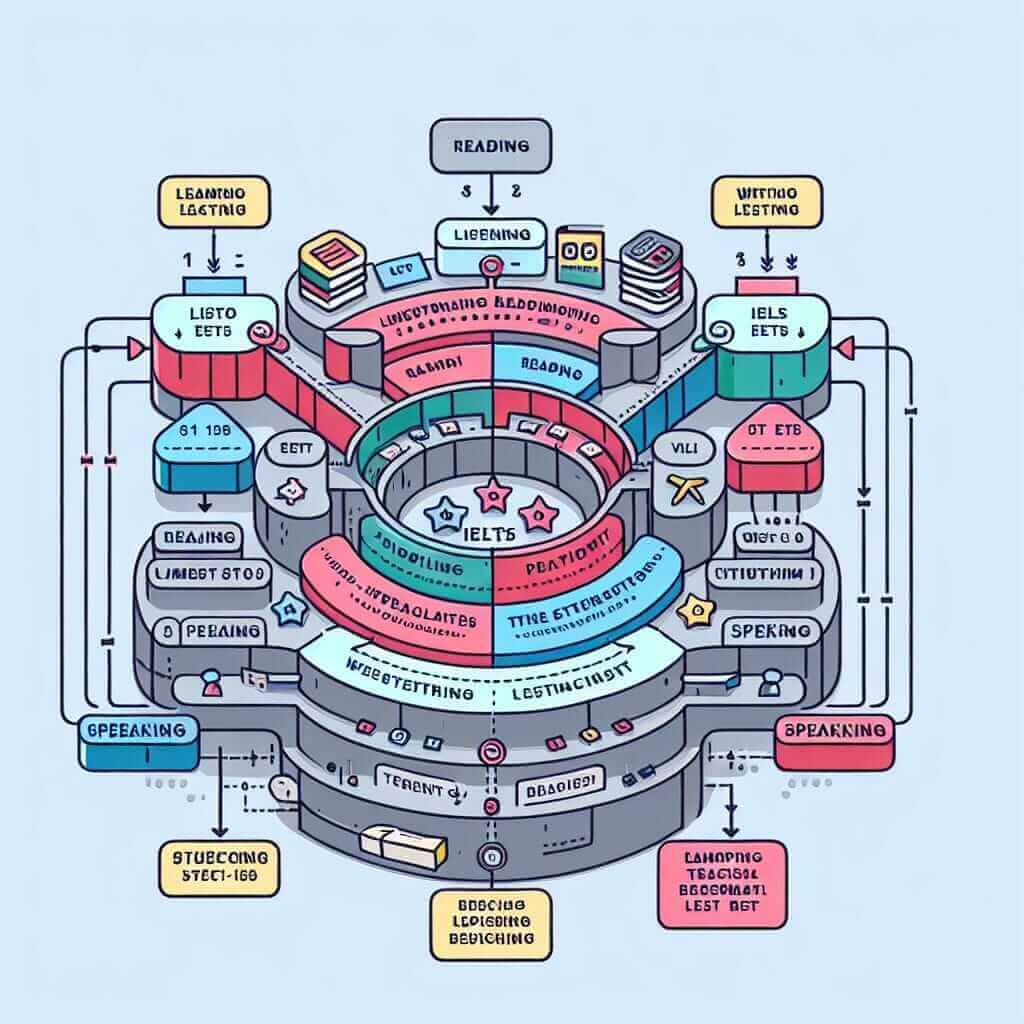“Be due to” is a phrase that often trips up IELTS test-takers, even those with a strong grasp of English grammar. While it might seem straightforward, its usage comes with certain nuances that are essential to understand for achieving a band score of 7 or higher. In this comprehensive guide, we will delve into the complexities of “be due to,” equipping you with the knowledge and skills to wield it confidently in your IELTS exam.
Let’s first illustrate its application with a few examples across different sections of the IELTS:
Speaking (Part 3):
- “The increasing popularity of online shopping is due to, in part, the convenience it offers.” (Here, “be due to” explains the reason behind a trend.)
Writing (Task 2):
- “Some argue that the rising unemployment rate is due to a lack of skilled workers.” (This sentence presents a cause-and-effect relationship.)
Listening (Section 4):
- “The delay in the project’s completion was due to unforeseen weather conditions.” (This example highlights the cause of a past event.)
Understanding “Be Due To” in IELTS
In essence, “be due to” signifies “caused by” or “because of.” It establishes a connection between a situation or event and its reason. Mastering this phrase is crucial for demonstrating your ability to express cause-and-effect relationships, a skill frequently tested in the IELTS.
While “be due to” might not be as frequent as other grammatical structures, its strategic use, particularly in Writing Task 2 when explaining reasons or consequences, can significantly enhance your lexical resource score.
Structure and Application
The typical structure of “be due to” is as follows:
Subject + Be Verb + Due to + Noun Phrase
Let’s break down this structure:
- Subject: This refers to the situation or event you are explaining.
- Be Verb: Depending on the tense and subject, this could be “is,” “are,” “was,” “were,” etc.
- Due to: This phrase connects the situation to its reason.
- Noun Phrase: This specifies the cause or reason behind the situation.
Examples and Analysis:
-
The cancellation of the concert is due to heavy rain. (Subject: cancellation, Be Verb: is, Noun Phrase: heavy rain)
-
The company’s success was due to the innovative ideas of its employees. (Subject: success, Be Verb: was, Noun Phrase: innovative ideas of its employees)

Using “Be Due To” for IELTS Band 7+
To achieve a higher band score, it is essential to use “be due to” not just accurately but also strategically and with variation.
Writing (Task 2):
- Instead of: “Many people are stressed because of their jobs.”
- Write: “High levels of stress among individuals are often due to demanding work environments.”
Analysis: The second sentence demonstrates a more sophisticated use of vocabulary and sentence structure, showcasing your ability to form complex ideas.
Speaking (Part 3):
- Instead of: “Traffic jams happen because there are too many cars.”
- Say: “The frequent traffic congestion in urban areas is largely due to the high volume of vehicles on the roads.”
Analysis: This example demonstrates a broader vocabulary and a more nuanced understanding of the topic, contributing to a higher fluency and coherence score.
Common Errors and How to Avoid Them
-
Incorrect Preposition: One common mistake is using “due to” after a verb. Remember, “due to” should follow a noun or pronoun.
- Incorrect: The project was delayed due to bad weather.
- Correct: The delay in the project was due to bad weather.
-
Confusing with “Because of”: While “due to” and “because of” share a similar meaning, they are not always interchangeable. “Due to” usually follows a noun or pronoun that expresses a result, while “because of” directly introduces the reason.
- Correct: The flight cancellation was due to a technical fault.
- Correct: The flight was canceled because of a technical fault.
Conclusion
Mastering the use of “be due to” can significantly enhance your ability to express cause-and-effect relationships accurately and effectively in the IELTS exam. By understanding its structure, practicing its application, and learning to avoid common errors, you can confidently incorporate this phrase into your writing and speaking, boosting your lexical resource score and increasing your chances of achieving your desired band. Remember to explore related phrases like “owing to,” “as a result of,” and “on account of” to further diversify your language and showcase your command of English grammar.